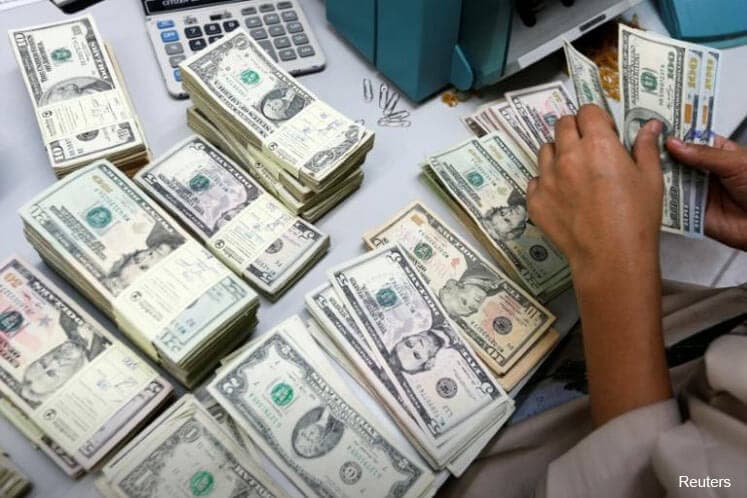
LONDON (March 24): The US dollar steadied against the yen on Friday after its worst run of daily losses versus the safe-haven currency since 2010, but gains were capped by worries that US President Donald Trump was on course for defeat on a new healthcare bill.
With a risk-averse mood having taken hold across markets this week on doubts over Trump's ability to deliver the fiscal and economic reforms that had driven bets on higher growth, inflation and interest rates, the greenback slipped 1.3% against the yen to four-month lows.
Though the US dollar was flat on the day at just under 111 yen on Friday, it has still fallen over 3% over the past fortnight — its worst showing since early August 2016 — as the so-called "Trumpflation trade" has faded. Up to Thursday, it had posted eight days of consecutive losses.
Lawmakers in US Congress will vote on new healthcare legislation later on Friday. It was not clear late on Thursday evening that Trump and the Republican leaders who crafted the bill had enough support to pass it, meaning Trump now risks defeat in his first attempt at major legislation reform.
Postponement of the vote from Thursday initially knocked the US dollar and stock markets on Thursday, but both later trimmed their losses.
Investors were split on whether a potential defeat for Trump would knock the US dollar and stock markets — because it would be seen as symptomatic of his inability to get reforms through Congress — or whether it would boost them, as he would then be able to move straight onto tax reforms.
"Financial markets are in wait-and-see mode... although there is an underlying sense of optimism after Donald Trump... declared Congress should accept the changes or live with Obamacare, paving the way for government to refocus its attention on tax reform," said Oanda market analyst Craig Erlam, in London.
MUFG currency strategist Derek Halpenny, also in London, said that whatever the outcome of the healthcare vote, the US dollar still looked vulnerable.
"There are numerous other uncertainties that suggest anything but a smooth course ahead for implementing the much anticipated tax reform reflation programme," he said.
"We still expect a much smaller tax cutting programme simply due to the inability to agree on how a large programme could be financed... The Trump reflation trade could still reverse course in a more meaningful way, resulting in dollar weakness."
Against a basket of currencies, the US dollar edged down 0.1% to 99.670. It was on track to lose over half a percent this week, during which it slipped to a seven-week low of 99.547.
The euro gained 0.2% to US$1.0804, close to a seven-week peak of US$1.0825 touched on Wednesday on the view that the European Central Bank is heading towards tightening monetary policy amid accelerating growth and inflation rates across the euro zone.